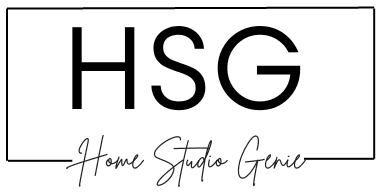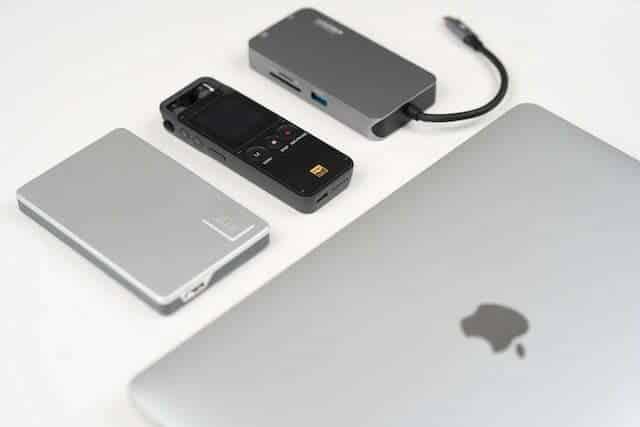Why Cubase Is Priced Higher Than Other DAWs?
If you’ve ever wondered why Cubase stands out in the world of music production software, you’re not alone.
Beyond its reputation for enabling musicians and producers to craft exceptional tracks, there’s a question that often arises: why is Cubase so expensive?
Let’s check out the reasons behind its premium pricing and look at what makes Cubase worth the investment for serious music creators.
Development Costs and Advanced Features
Cubase isn’t your average music software. It’s packed with features like recording, editing, mixing, and mastering tools, all designed to meet the needs of professional musicians and studios.
Cubase Pro 13 is the most up-to-date version of 2024, while Cubase AI and LE have more limited features and lower track counts.
Creating and maintaining such advanced software requires a lot of time and money.
Think about it – to make Cubase work seamlessly, developers need to invest in research, design, and testing.
They have to pay skilled engineers and designers who understand the intricate details of audio production.
It’s like building a high-tech car or designing a cutting-edge smartphone – quality takes investment.
Quality Assurance and Customer Support
When you buy Cubase, you’re not just paying for the software itself. You’re also paying for ongoing updates, bug fixes, and customer support.
Steinberg, the company behind Cubase, wants to ensure their product is top-notch and reliable.
That means they have teams dedicated to improving the software and helping customers when they run into issues.
Imagine if you bought a car and it broke down every time you drove it. You’d expect the manufacturer to fix it, right?
The same goes for software – if something goes wrong, you want a team of experts ready to help you out.
That kind of support costs money, but it’s worth it for peace of mind.
Market Position and Brand Reputation
Steinberg positions Cubase as a premium product in the music industry. It’s like buying a designer brand instead of a cheaper alternative.
When you pay for Cubase, you’re investing in a brand that has a reputation for quality and innovation.
Other software might be cheaper, but they might not offer the same level of features or support.
Think of it like buying a generic pair of headphones versus a high-end brand known for its sound quality. Both will play music, but the experience might be vastly different.
Licensing and Technology Costs
Some parts of Cubase rely on licensed technologies or libraries that Steinberg has to pay for. These could be algorithms for audio processing, virtual instruments, or plugins developed by third-party companies.
Licensing fees can add up, and Steinberg includes these costs in the price of Cubase.
It’s like when you buy a cake from a bakery – the price reflects not just the ingredients, but also the skill and effort that went into making it.
With Cubase, you’re paying for access to these specialized tools and technologies that make your music sound professional.
Wrapping Up – Why Is Cubase So Expensive
So, why is Cubase so expensive than other audio software? It boils down to quality, features, support, and reputation.
Steinberg invests heavily in developing and maintaining Cubase to ensure it meets the high standards expected by professionals in the music industry.
Yes, Cubase might cost more upfront, but it’s an investment in your music career. Whether you’re a budding musician or a seasoned producer, having the right tools can make a world of difference.
So, next time you see the price tag on Cubase, remember – you’re paying for quality, reliability, and the expertise of a company dedicated to helping you create music that moves people.
FAQ
How Much Does Cubase Cost?
Cubase typically costs between $99 and $599, depending on the version and features included.
Is Cubase Worth The Price Tag?
Cubase is often considered worth the price tag due to its quality, reliability, and ongoing support. It’s ideal for professional musicians and studios needing advanced tools like recording, editing, and mixing capabilities.
What Are Some Cubase Alternatives?
Some alternatives to Cubase include Pro Tools, Logic Pro, Ableton Live, FL Studio, and Studio One. Each of these offer unique features and workflows suited to different preferences and needs in music production.






